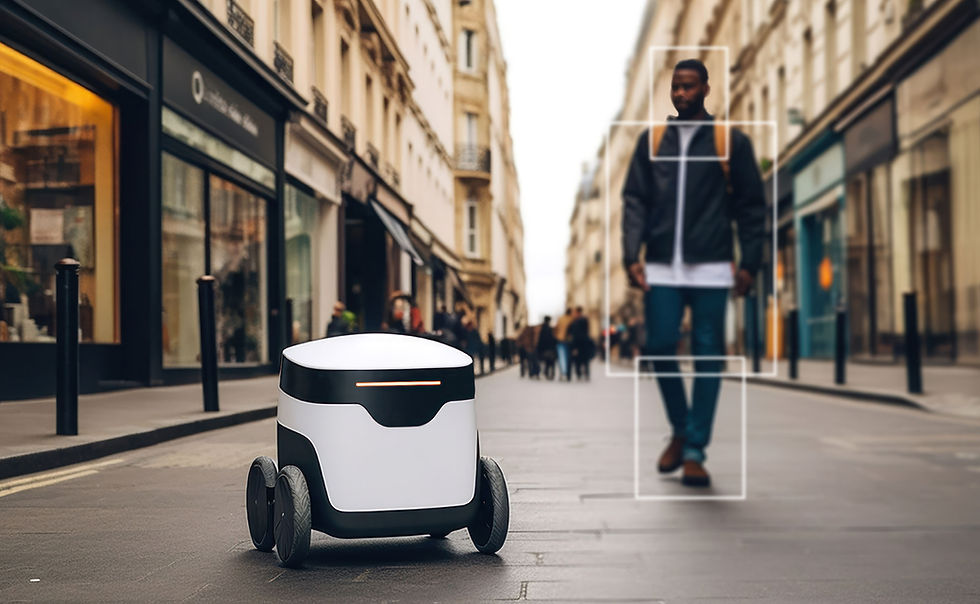Top Scientist Warns AI Could Surpass Human Intelligence by 2027
- Hari Prasad
- Mar 7, 2024
- 2 min read
Top Scientist Warns AI Could Surpass Human Intelligence by 2027

In a recent development that has sent ripples across the global scientific community, a top scientist has issued a stern warning about the rapid advancement of Artificial Intelligence (AI). According to this expert, AI could surpass human intelligence as soon as 2027, a forecast that underscores both the monumental strides in AI research and the burgeoning ethical, social, and security concerns tied to this progress.
Understanding the Warning
This bold prediction comes at a time when AI technologies are becoming increasingly sophisticated, finding applications in everything from healthcare diagnostics and financial analysis to autonomous driving and personalized education. The scientist's warning is not just about the potential of AI to perform tasks previously exclusive to human intelligence but also raises questions about the future role of humanity in a world where machines could make decisions independently.
The Basis of the Prediction
The projection that AI could outstrip human intelligence within the next few years is based on several key factors:
Exponential Growth in Computing Power: The relentless improvement in computing capabilities, following Moore's Law, has significantly reduced the time required for AI systems to process and learn from vast datasets.
Advances in Machine Learning Algorithms: Breakthroughs in deep learning and neural networks have enabled AI to learn from data in a way that mimics human learning, albeit at a much faster rate.
Unprecedented Investment and Research: With tech giants and governments worldwide pouring billions into AI research, the pace of innovation has accelerated, leading to rapid advancements that could have seemed far-fetched a decade ago.
Implications of AI Surpassing Human Intelligence
The possibility of AI surpassing human intelligence carries with it a host of implications that society needs to prepare for:
Employment and Economy: As AI systems become more capable, they could replace humans in a range of jobs, leading to significant shifts in employment and economic structures.
Ethics and Control: The development of superintelligent AI systems raises ethical questions about control, decision-making, and the values these systems are programmed to prioritize.
Security: The potential misuse of advanced AI technologies poses new security threats, including the development of autonomous weapons and the risk of AI systems that could act against human directives.
Navigating the Future
While the prospect of AI surpassing human intelligence may seem daunting, it is also a call to action for policymakers, researchers, and the global community to engage in meaningful dialogue and collaboration. The development of AI governance frameworks, ethical guidelines, and international cooperation will be crucial in ensuring that AI advancements benefit humanity while minimizing risks.
Conclusion
The warning from top scientists about AI potentially surpassing human intelligence by 2027 is a watershed moment that challenges us to rethink our relationship with technology. As we stand on the brink of this new frontier, the decisions we make today will shape the future of AI and its role in society. The journey ahead is fraught with challenges, but with careful planning, ethical consideration, and global cooperation, we can steer the course of AI towards a future that enhances human capabilities and enriches our collective existence.



Comments